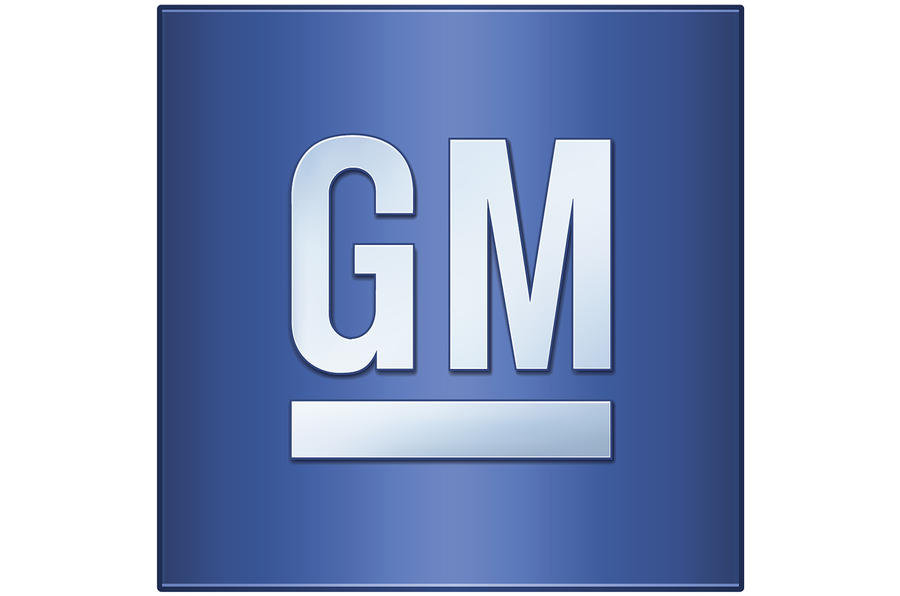The news that General Motors has sold its seven per cent stake in PSA Peugeot Citroën should come as no surprise to GM watchers. The American car giant has a history of making and breaking alliances, to the extent that it looks like the auto industry’s worst date.
Back in 2000, General Motors swapped a six per cent stake in itself for a 20 per cent stake in Fiat Auto. In addition, in a remarkable show of negotiating skill, GM allowed Fiat the opportunity to force it to buy the other 80 per cent of Fiat Auto between 2004 and 2009.
With Fiat and GM’s European arm both losing money in 2005, General Motors coughed up a massive £1.1bn to avoid having to buy Fiat Auto.
The five years of alliance didn’t seem to bring any huge advantage, either. A single platform underpinned the Vauxhall Corsa and Punto, the Signum platform was used for the Fiat Croma and GME bought a lot of Fiat diesel engines. Hardly game changing or likely to have saved a huge amount of money.
The GM-Fiat alliance also spawned the ‘Premium Platform’, which was mostly engineered by GM’s Saab division for use by the Swedes and Alfa Romeo. The ending of the alliance put paid to Saab using the Premium platform under the almost-complete Mk2 9-5. Alfa, however, used the premium platform under the 159 and Brera.
The upshot was that Saab never recovered from not having the new 9-5 in the showrooms by 1996 and Alfa was left with the platform that was produced in such small numbers, it cost a fortune to make the cars.
In 2005 GM also pulled out of an alliance with Fuji Heavy Industries, owners of Subaru. In 1999 GM had bought 20 per cent of FHI. This alliance appeared to lead to even less in the way of showroom products.
It did, however, lead to the co-operative SUV project between Subaru and Saab (which eventually appeared as the Subaru Tribeca). The GM-FHI split did, though, lead to the Saab version being unceremoniously pulled from the New York motor show.
As wall as losing around £42m on the shares, General Motor’s alliance with Peugeot-Citroën has been reduced to the French building a compact SUV for Opel-Vauxhall and PSA and GME building a compact MPV for the four nameplates. Plans to combine forces on a supermini have been killed off.
GM may well be reversing out of its involvement with PSA to allow Dongfeng and, perhaps, the French state to buy into the ailing car maker. PSA and GM say that re-sizing co-operation will save £730m a year by 2018, down from the £1.2bn predicted a year ago. More than one analyst will tell you they expect virtually no savings to be made.






Join the debate
Add your comment
How Much There Of GM Left?
It sold Allison(aero engines) to Rolls Royce. and spun off AC Delco(car parts),EDS(IT services) Electromotive Diesel(railway equipment) Frigidaire (Aircon)& Hughes(aerospace) plus the financial services arm has gone.
So what's left of the General apart from cars and light trucks?. The mega conglomerate so carefully created by Alfred P Sloan nearly a century ago has shrunk to a shadow of it's former self he must be spinning in his grave
.
https://en.wikipedia.org/wiki/General_Motors#Discontinued_brands
Presumably the alliances with
The GM alliances are now virtually certain to build 3 million vehicles this year, That is close to
25% of the entire car sales in Europe this year.